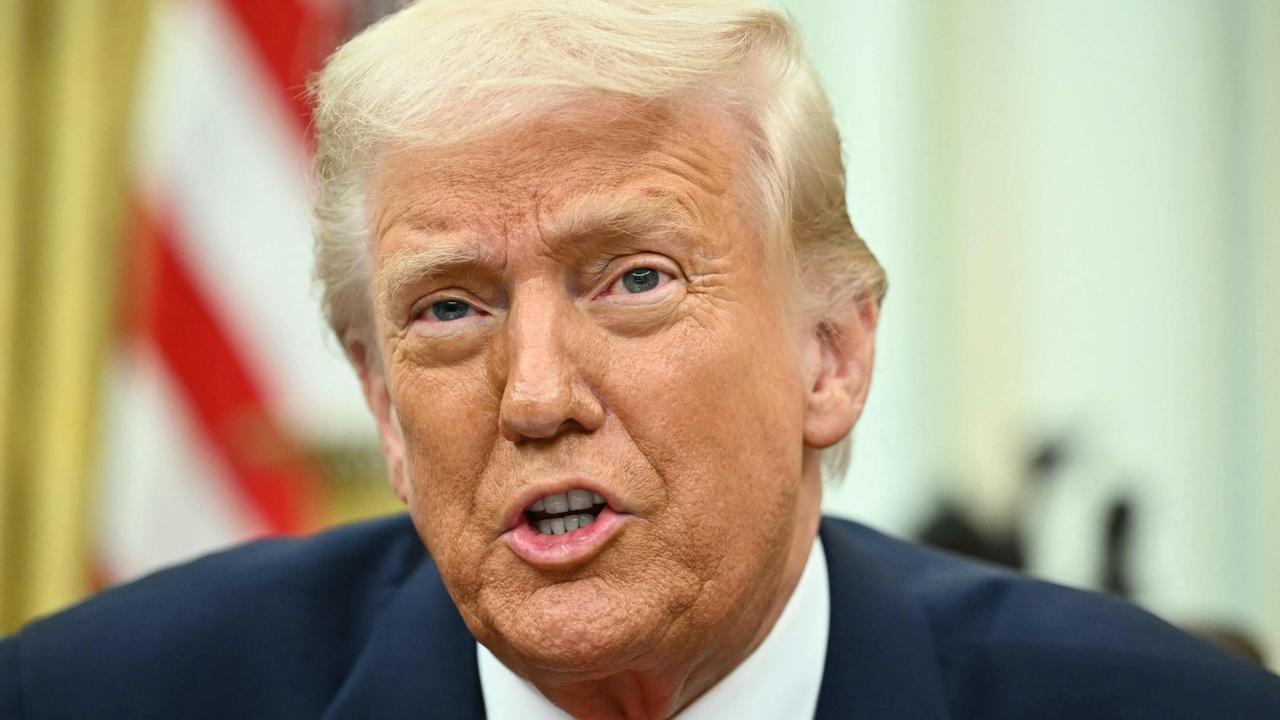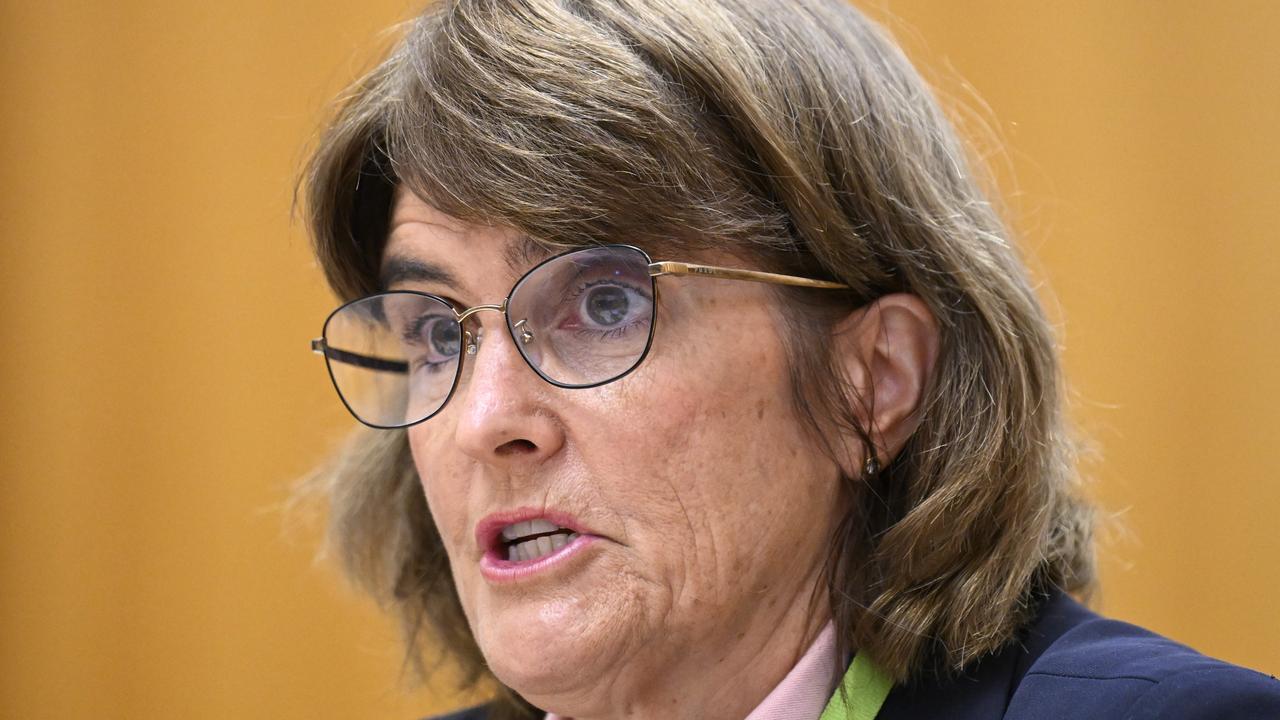US and China’s economies could shake up Australia’s property market
Huge issues impacting the US and China over the next 12 months could stop thousands of Aussies from buying their own home.

Australian house hunters could find it even harder to save a home deposit or qualify for a mortgage loan depending on what happens in the United States and China this year.
Ray White chief economist Nerida Conisbee believes the future of the nation’s property market could go three ways in the next 12 months depending on what happens around the rest of the world.
In the best case, Ms Conisbee said the Reserve Bank of Australia (RBA) could slash interest rates if the United States entered a recession and the global economic slowdown intensified.
RELATED: $300k saved: How to beat the banks
‘Soul destroying’: New bank refuses rate cut
30pc loss: urgent move homeowners have to make
“For Australia, this could mean the three additional rate cuts markets are currently pricing in for this year become reality,” she said.
“Lower interest rates would increase borrowing capacity, allowing buyers to service larger loans.
“This increased purchasing power would fuel continued house price growth as more buyers compete for limited housing stock.”
However, she said this would ultimately increase property values at a faster rate then wages, with more first-time buyers entering the market due to lower repayments and increased purchasing power.

This comes after US President Donald Trump announced 25 per cent tariffs on all steel and aluminium imports to the US, including from Australia.
If global trade wars were to intensify with higher tariffs and imported inflation increasing significantly across major economies, Ms Conisbee said this posed a second scenario where central banks — including the RBA — would need to increase interest rates to combat rising prices, reversing current monetary policy expectations of further rate cuts.
“Under these conditions, Australian house price growth would likely soften as borrowing capacity decreases,” she said.
“Potential buyers would become more cautious amid broader economic uncertainty, and the market would gradually shift to favour buyers, with properties spending longer periods on the market before selling.”

But the most challenging outlook for Australia’s housing market could come to fruition if a combination of high inflation and weak economic growth leads to “stagflation”, Ms Conisbee said.
“Compounding these challenges, a significant slowdown in the Chinese economy reduces demand for Australian resources,” she said.
“Resource-rich states like Western Australia and Queensland would be particularly affected, potentially seeing population outflows as employment opportunities diminish.
“This would create substantial headwinds for property markets in these regions.”
She added that with higher costs of living and stagnant wages, households would find it more difficult to save for deposits or qualify for home loans, dividing the property market with premium locations in major cities maintaining their value while outer suburbs and resource-dependent regions experiencing price declines.
“Rental markets would also face pressure as investors reassess returns against rising holding costs,” Ms Conisbee said.

However, she noted that potential homebuyers should consider their long-term housing needs and finance situation while navigating these uncertain scenarios.
“While global economic forces will influence Australia’s housing market in the short term, the structural resilience of our property market provides some stability even during periods of volatility,” she said.
Sign up to the Herald Sun Weekly Real Estate Update. Click here to get the latest Victorian property market news delivered direct to your inbox.
MORE: Melb car lover’s dream home smashes suburb price record
Mentone family home features man cave in historic stables
Incredible Yarra Valley mansion set to smash records
sarah.petty@news.com.au



